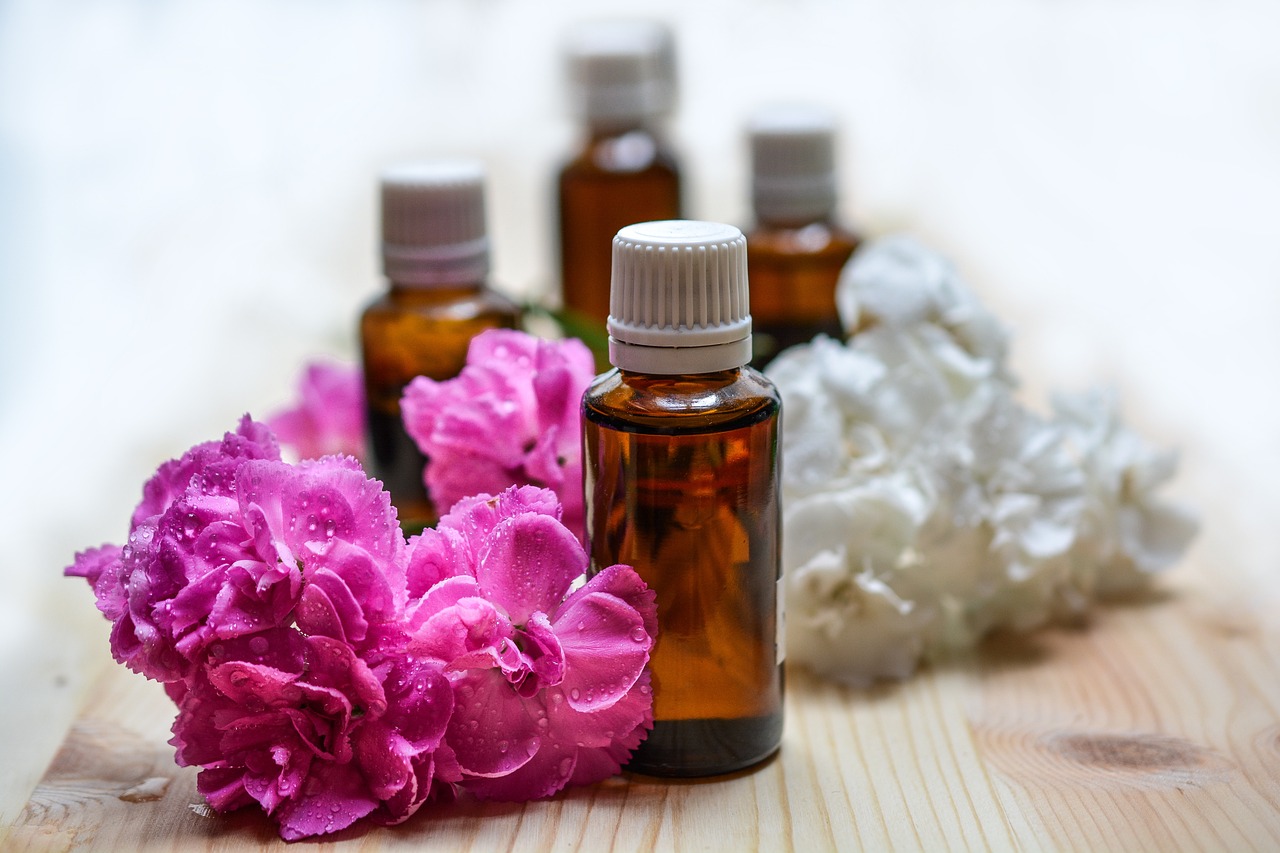Imagine a world where stress melts away, tension is released, and relaxation is at your fingertips. Well, it’s possible with just one magical solution – getting a massage. There’s no denying that a massage can do wonders for both your body and mind. From soothing aching muscles to reducing anxiety, the benefits of this therapeutic practice are truly remarkable. So, if you’re ready to treat yourself to the ultimate indulgence, read on to discover the myriad benefits of getting a massage and why it should be an essential part of your self-care routine.
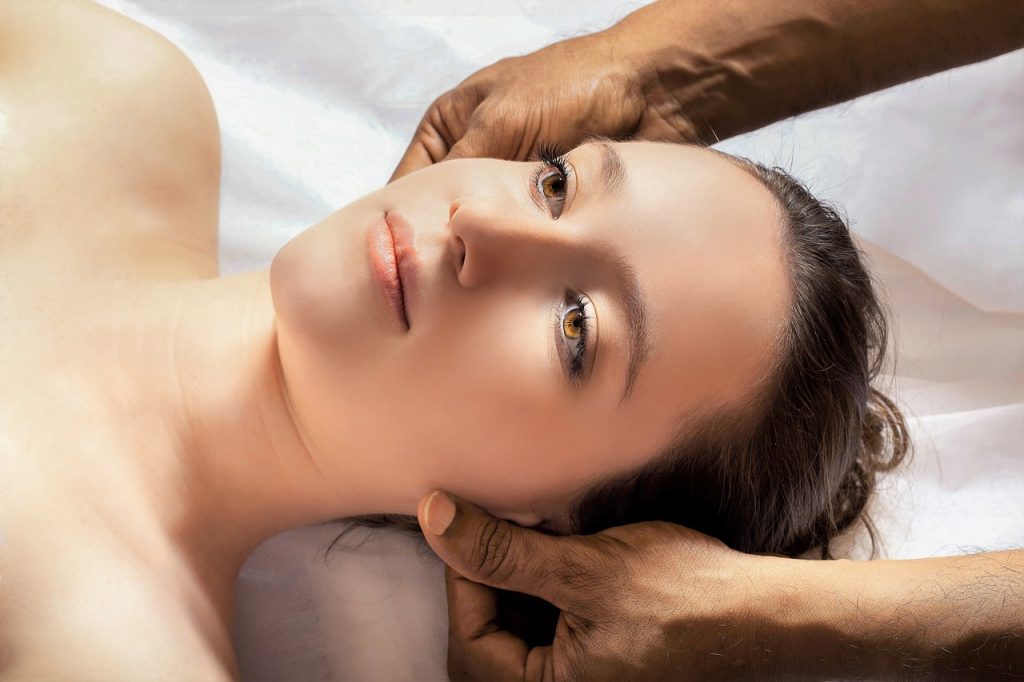
This image is property of pixabay.com.
Physical Benefits
Relieves muscle tension
Getting a massage is a fantastic way to relieve muscle tension in your body. Whether you have been sitting at a desk all day or engaging in intense physical activity, your muscles can become tight and sore. A skilled massage therapist can use various techniques and pressure levels to target those tense muscles and release the built-up tension. By applying direct pressure or gentle stretching, a massage helps to relax your muscles and alleviate any discomfort or tightness you may be feeling.
Improves circulation
Massage therapy can significantly improve circulation throughout your body. When your muscles are massaged, it stimulates blood flow and encourages the blood vessels to widen, allowing more oxygen and nutrients to reach the cells in your body. Improved circulation can benefit your overall health by promoting the efficient delivery of oxygen and nutrients to your organs, tissues, and muscles. This increased blood flow not only aids in healing damaged tissues but also helps in eliminating waste products from your body.
Reduces inflammation
Inflammation is the body’s natural response to injury or illness, but chronic inflammation can have negative effects on your overall health. Regular massage therapy has been shown to reduce inflammation by increasing blood flow and promoting the drainage of lymph fluid, which carries away waste and toxins from your tissues. By reducing inflammation, massage helps to manage conditions such as arthritis, fibromyalgia, and even chronic pain.
Promotes deeper breathing
Deep breathing is essential for your overall well-being, as it oxygenates your body, calms the mind, and helps to alleviate stress. During a massage, your therapist may encourage you to take deep breaths as they work on your body. This deep breathing not only facilitates relaxation, but it also helps to improve the exchange of oxygen and carbon dioxide in your lungs. By promoting deeper breathing, massage therapy aids in reducing stress, promoting relaxation, and increasing your overall sense of well-being.
Mental and Emotional Benefits
Reduces stress and anxiety
We all experience stress and anxiety from time to time, and finding effective ways to manage them is crucial. One such method is through massage therapy. When you receive a massage, your body releases endorphins, which are natural mood-lifting chemicals. These endorphins help to reduce stress and anxiety levels, promoting a sense of calm and relaxation. Additionally, the soothing touch of massage and the focused attention from the therapist can help to quiet your mind and provide a much-needed break from the daily stresses of life.
Improves sleep quality
If you struggle with sleep issues, you may find relief through regular massage therapy. Studies have shown that massage can improve the quality and duration of sleep, leading to a more restful and rejuvenating experience. Massage promotes relaxation and reduces muscle tension, which can contribute to a more comfortable sleep environment. Additionally, the release of endorphins during a massage can help to regulate sleep patterns and promote a deeper, more restorative sleep.
Enhances mood
Massage therapy has the power to enhance your mood and create a sense of emotional well-being. As your body relaxes during a massage, endorphins are released, providing a natural boost to your mood. This release of endorphins can help to reduce feelings of sadness, anxiety, and irritability, replacing them with feelings of happiness and contentment. Furthermore, the therapeutic touch of a massage can create a sense of comfort and connection, which can uplift your spirits and leave you feeling more positive.
Increases mental clarity
In addition to its physical benefits, massage therapy can also have a positive impact on your mental clarity and focus. When your body is relaxed and your mind is calm, you are better able to concentrate and think clearly. Massage helps to alleviate stress and reduce muscle tension, allowing you to enter a state of deep relaxation. From this state, you can experience increased mental clarity, making it easier to make decisions, solve problems, and focus on the tasks at hand.
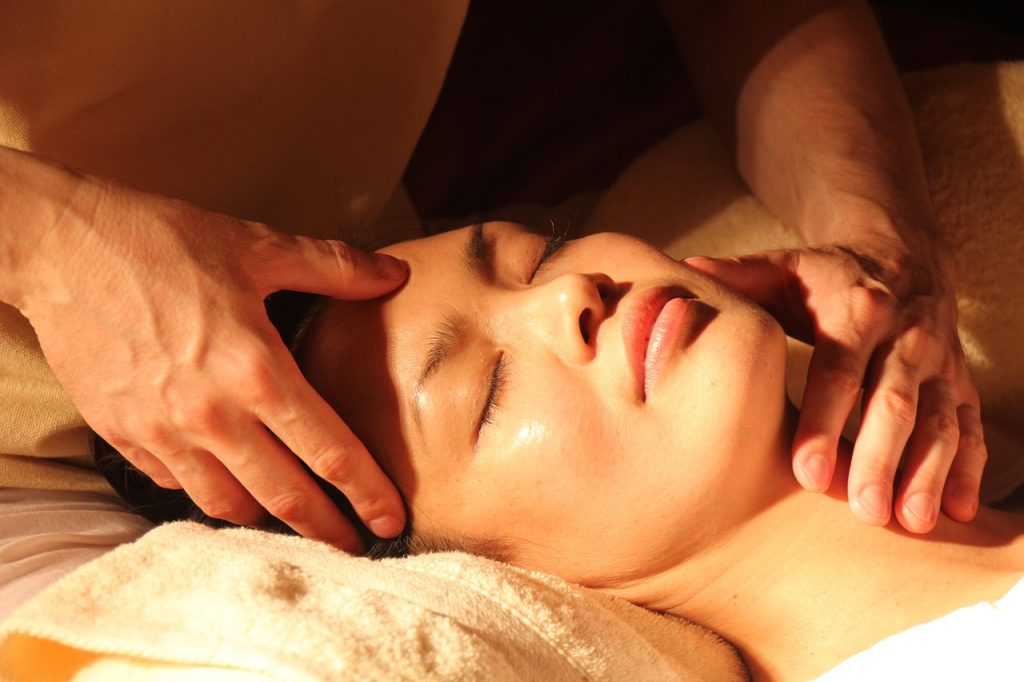
This image is property of pixabay.com.
Pain Management
Alleviates chronic pain
Chronic pain can significantly impact your quality of life, making even simple tasks challenging. Massage therapy can be an effective tool in managing chronic pain, as it helps to reduce muscle tension, improve circulation, and release endorphins – the body’s natural painkillers. By targeting specific areas of pain and applying various massage techniques, a skilled therapist can help to alleviate chronic pain and improve your overall well-being.
Reduces headache frequency and intensity
Headaches can be debilitating, causing pain and discomfort that affects your daily activities. Massage therapy has been shown to reduce the frequency and intensity of headaches by targeting the muscles and trigger points that may contribute to headache pain. By promoting relaxation, improving circulation, and relieving muscle tension in the neck, shoulders, and head, massage can provide relief from tension headaches, migraines, and other types of headaches.
Eases postoperative pain
After undergoing surgery, it is common to experience pain and discomfort during the healing process. Massage therapy can help ease postoperative pain by reducing inflammation, enhancing circulation, and promoting the release of endorphins. It can also help to improve range of motion and flexibility, aiding in the recovery process.
Improves fibromyalgia symptoms
Fibromyalgia is a chronic condition characterized by widespread musculoskeletal pain, fatigue, and tenderness. Massage therapy can be a valuable treatment option for individuals with fibromyalgia, as it helps to reduce pain, relax muscles, and release endorphins. Regular massages can help manage fibromyalgia symptoms, improve sleep quality, and enhance overall well-being.
Boosts Immune System
Increased white blood cell count
White blood cells play a crucial role in defending your body against illness and infection. Massage therapy has been shown to increase the number of white blood cells in the body, enhancing your immune system’s ability to fight off pathogens and maintain optimal health. By boosting your white blood cell count, massage can help fortify your immune system and reduce the likelihood of falling ill.
Stimulates lymphatic system
The lymphatic system is responsible for removing toxins, waste, and other unwanted substances from the body. Massage therapy can stimulate the lymphatic system, aiding in the removal of these substances and promoting a healthy immune response. By facilitating lymphatic drainage, massage helps to flush out toxins and boost the efficiency of your body’s immune system.
Enhances immune response
Massage therapy has been shown to enhance the body’s immune response by increasing the activity of natural killer cells and other immune cells. These cells play a crucial role in identifying and eliminating harmful pathogens, protecting you from infections and diseases. By improving immune response, massage therapy can support your overall health and well-being.
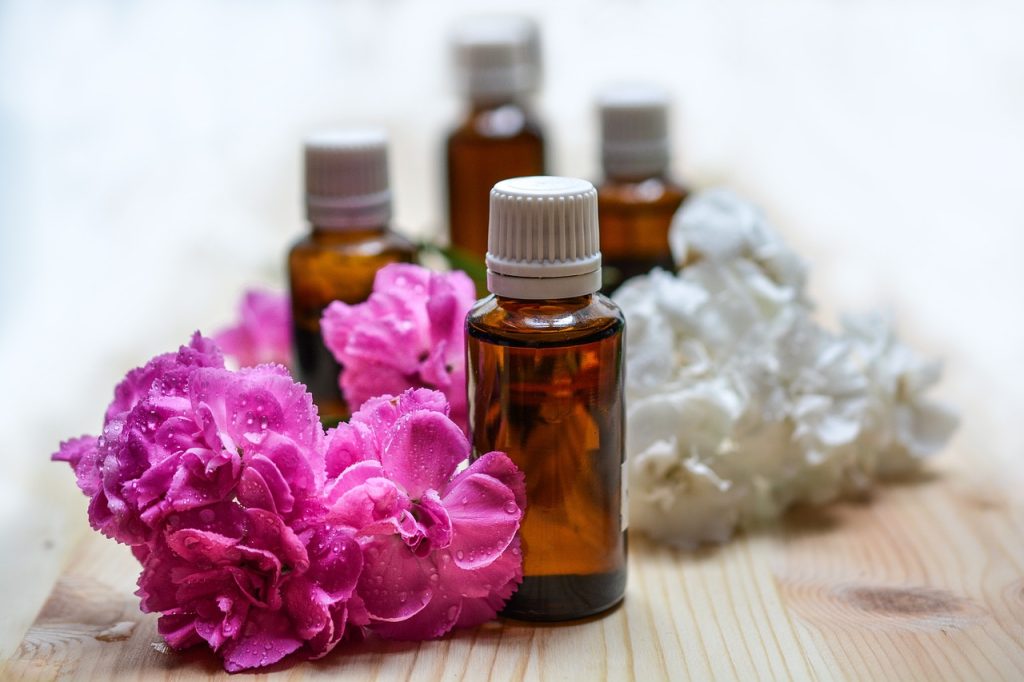
This image is property of pixabay.com.
Improves Athletic Performance
Increases range of motion
Athletes often strive to improve their range of motion to enhance their performance and prevent injuries. Massage therapy can be a valuable tool in achieving this goal. By targeting specific muscles and applying techniques such as stretching and mobilization, massage can help increase your range of motion, allowing for improved flexibility, agility, and athletic performance.
Relieves muscle soreness and fatigue
Intense physical activity can lead to muscle soreness and fatigue, hindering your athletic performance and recovery. Massage therapy can alleviate these symptoms by reducing muscle tension, increasing blood flow, and promoting the release of endorphins. By targeting the muscles affected by exercise, a massage can provide relief from soreness and fatigue, allowing you to bounce back quicker and perform at your best.
Enhances muscle flexibility and tone
Flexible and toned muscles are essential for optimal athletic performance. Massage therapy helps to enhance muscle flexibility and tone by promoting relaxation, elongating tight muscles, and improving circulation. By releasing tension and promoting the health of your muscles, massage contributes to improved muscle flexibility and tone, enabling you to move more efficiently and reduce the risk of injury.
Helps prevent sports injuries
Sports injuries can be physically and emotionally challenging, often leading to a decrease in performance and considerable downtime for recovery. Massage therapy can play a vital role in preventing sports injuries by improving flexibility, reducing muscle tension, and enhancing blood flow to the muscles. By incorporating regular massages into your training routine, you can optimize your body’s readiness for physical activity, decrease the likelihood of injury, and enhance your overall athletic performance.
Supports Mental Health
Reduces symptoms of depression
Depression can have a significant impact on your mental health and overall well-being. Massage therapy has been shown to reduce symptoms of depression by promoting relaxation, reducing stress levels, and releasing endorphins. The touch and connection provided during a massage can also create a sense of comfort and support, further contributing to a positive mental state.
Decreases levels of stress hormones
High levels of stress hormones, such as cortisol, can be detrimental to your mental and physical health. Massage therapy has been shown to decrease the production of stress hormones, helping to counteract the negative effects of chronic stress on your body and mind. By promoting relaxation and reducing stress levels, massage can contribute to a more balanced and positive mental state.
Promotes relaxation and calmness
Massage therapy is well-known for its ability to promote relaxation and create a sense of calmness. The soothing touch and therapeutic techniques used during a massage can help to quiet your mind, release tension, and induce a state of deep relaxation. By providing a break from the demands of daily life, massage can give you the opportunity to recharge mentally and emotionally, supporting your overall mental health.
Improves overall well-being
When your mental health is in a good place, it enhances your overall well-being. Massage therapy can have a positive impact on your mental health by reducing stress, promoting relaxation, and improving sleep quality. By incorporating regular massages into your self-care routine, you can cultivate a greater sense of well-being, leading to improved happiness and satisfaction in life.
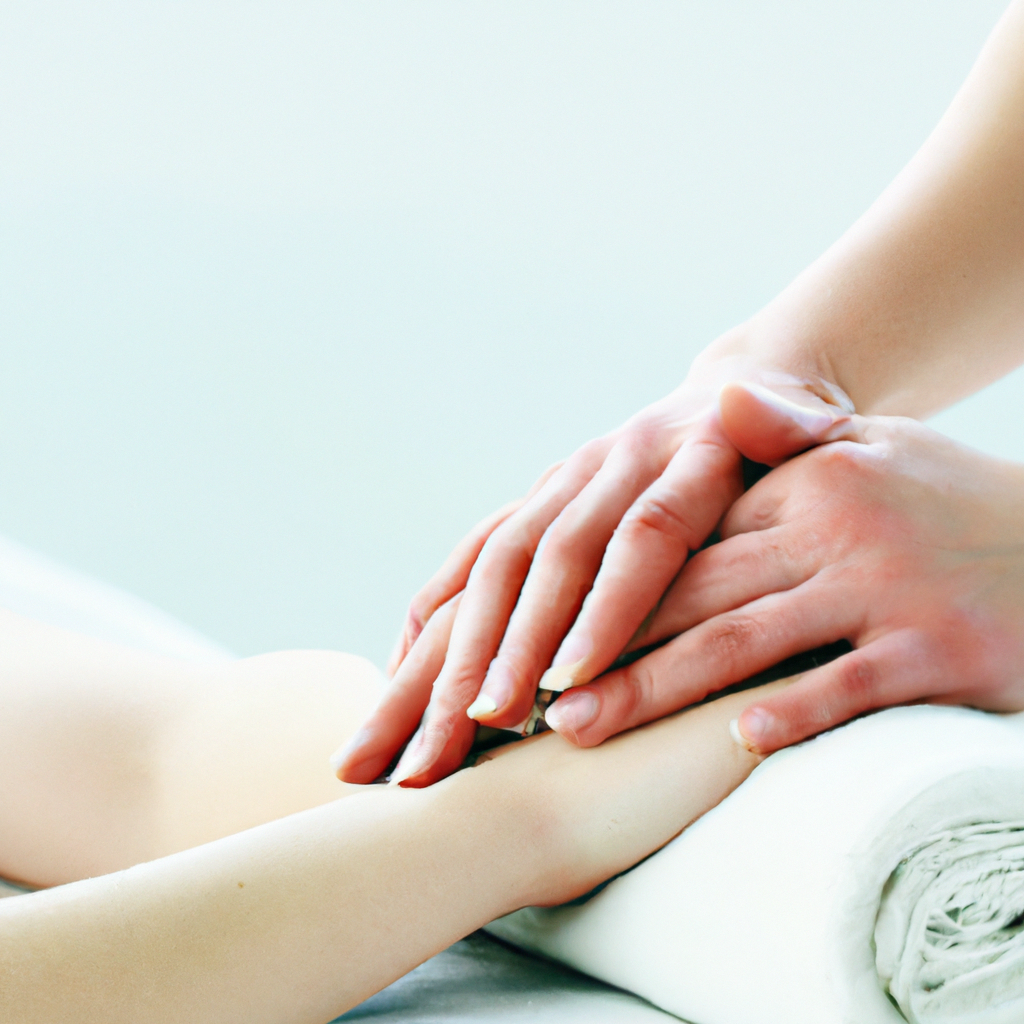
Enhances Skin Health
Promotes smoother and healthier skin
The skin is the largest organ in your body and plays a crucial role in protecting you from external elements. Massage therapy can promote healthier skin by stimulating blood circulation, encouraging the delivery of oxygen and nutrients to the skin cells. This increased blood flow can help to promote a vibrant and youthful complexion, giving your skin a smoother and healthier appearance.
Increases blood flow to the skin
Massage therapy improves blood flow not only to the muscles but also to the skin. Increased blood circulation nourishes the skin cells, promoting the removal of toxins and waste products. By improving blood flow to the skin, massage contributes to a healthy and rejuvenated complexion.
Improves elasticity and texture
Over time, the skin can lose its elasticity and become less smooth in texture. Massage therapy can help restore and improve the elasticity and texture of your skin. By stimulating collagen production and enhancing blood flow, massage helps to maintain the suppleness and firmness of your skin, contributing to a more youthful and radiant appearance.
Reduces dryness and flakiness
Dry, flaky skin can be uncomfortable and aesthetically displeasing. Massage therapy can alleviate dryness and flakiness by improving blood circulation, which in turn enhances the delivery of moisture and nutrients to the skin cells. Regular massages can help keep your skin hydrated, smooth, and free from dry patches.
Improves Digestion
Boosts metabolism
A healthy metabolism is vital for efficient digestion and overall well-being. Massage therapy can boost your metabolism by stimulating the digestive organs and improving blood flow to the abdominal area. By enhancing your metabolism, massage helps to support effective digestion and nutrient absorption.
Promotes healthy bowel movements
A regular and healthy bowel movement is essential for proper digestion and the elimination of waste from your body. Massage therapy can promote healthy bowel movements by stimulating the muscles and nerves in the gastrointestinal area. By increasing motility and promoting the efficient movement of food through your digestive system, massage contributes to regularity and optimal digestive health.
Relieves gastrointestinal discomfort
Digestive issues such as bloating, gas, and stomach cramps can cause significant discomfort and disrupt your daily routine. Massage therapy can provide relief from gastrointestinal discomfort by relaxing the muscles in the abdomen, improving circulation, and reducing inflammation. The therapeutic touch and targeted techniques used during a massage can help to alleviate digestive issues and promote a more comfortable digestive experience.
Reduces symptoms of indigestion
Indigestion can result in symptoms such as heartburn, nausea, and a feeling of fullness. Massage therapy can reduce symptoms of indigestion by relaxing the muscles in the abdomen, helping to alleviate tension and promote healthy digestion. By relieving muscle tightness and improving circulation to the digestive organs, massage helps to ease the discomfort associated with indigestion.
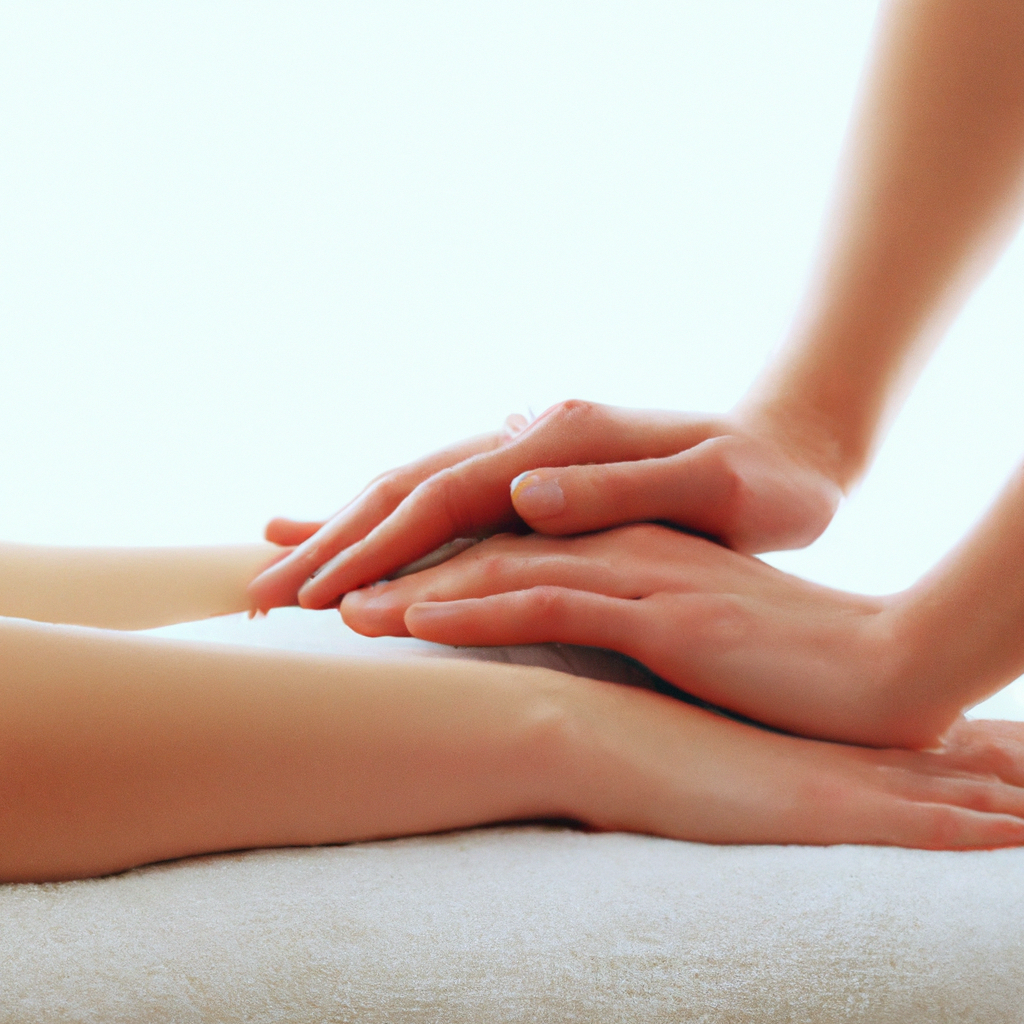
Stimulates Nervous System
Activates parasympathetic nervous system
The parasympathetic nervous system is responsible for promoting rest, relaxation, and digestive processes in the body. Massage therapy activates the parasympathetic nervous system, triggering a state of relaxation and calmness. By stimulating this part of the nervous system, massage helps to counteract the effects of chronic stress and promote overall well-being.
Enhances nerve response and coordination
Massage therapy can enhance nerve response and coordination by stimulating the nerves throughout your body. The manual manipulation of your muscles and tissues during a massage helps to improve the communication between your nerves and muscles, enhancing their responsiveness and coordination. This can be particularly beneficial for individuals recovering from injuries or neurological conditions.
Improves sensory perception
The experience of touch during a massage can stimulate and improve sensory perception. The nerves in your skin transmit sensations to your brain, and massage therapy can enhance this communication. By promoting a heightened sense of touch, massage can improve sensory perception, allowing you to better appreciate and respond to the world around you.
Reduces Blood Pressure
Lowers systolic and diastolic blood pressure
High blood pressure, also known as hypertension, can increase your risk of heart disease and other health conditions. Massage therapy can help reduce blood pressure levels by promoting relaxation, improving circulation, and reducing stress hormones. By providing a calming and harmonizing effect on your body, massage can help to lower both systolic and diastolic blood pressure, thus supporting overall heart health.
Reduces heart rate
A high heart rate can put strain on your cardiovascular system and increase the risk of heart-related issues. Massage therapy has been shown to reduce heart rate by calming the nervous system, decreasing stress levels, and promoting relaxation. By lowering your heart rate, massage helps to reduce the workload on your heart and support its overall health.
Decreases stress on the cardiovascular system
Chronic stress can place significant strain on your cardiovascular system, increasing the risk of heart disease and other cardiovascular conditions. Massage therapy can help decrease stress on the cardiovascular system by promoting relaxation, reducing stress hormones, and improving blood flow. By fostering a calm and balanced state, massage supports the health of your cardiovascular system.
Improves overall heart health
Massage therapy offers numerous benefits that contribute to improved heart health. By reducing blood pressure, heart rate, and stress on the cardiovascular system, massage helps to enhance overall heart health. Regular massages can be a valuable part of a holistic approach to cardiovascular wellness, supporting the longevity and vitality of your heart.
In conclusion, the benefits of getting a massage are numerous and extend beyond just relaxation. Not only does massage therapy relieve muscle tension, improve circulation, and reduce inflammation, but it also has significant mental and emotional benefits. From reducing stress and anxiety to improving sleep quality and enhancing mood, massage supports your overall well-being. Additionally, massage can aid in pain management, boost the immune system, improve athletic performance, support mental health, enhance skin health, improve digestion, stimulate the nervous system, and reduce blood pressure, further highlighting its comprehensive advantages for your health. So the next time you’re looking for an enjoyable and beneficial way to take care of yourself, consider treating yourself to a massage and experience these incredible benefits firsthand.
